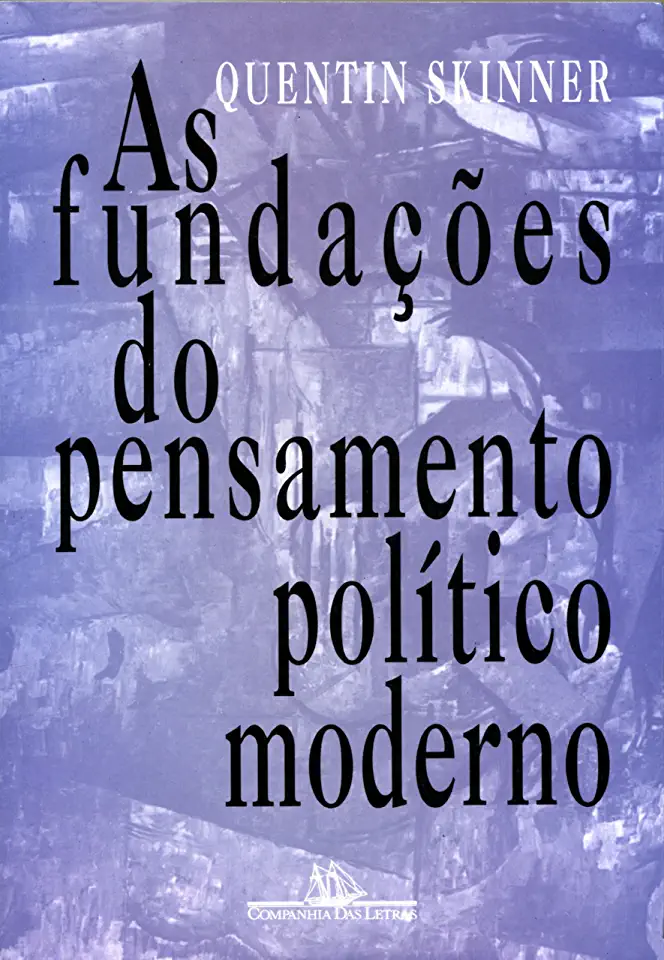
The Formation of Critical Thinking - Renato Janine Ribeiro
The Formation of Critical Thinking
By Renato Janine Ribeiro
In his book "The Formation of Critical Thinking," Renato Janine Ribeiro argues that critical thinking is not a natural ability, but rather a skill that must be developed through education and practice. He defines critical thinking as "the ability to think clearly and rationally about a subject, and to make judgments based on evidence and reason."
Ribeiro argues that critical thinking is essential for a number of reasons. First, it allows us to make better decisions. When we are able to think critically, we are able to weigh the pros and cons of different options and make choices that are in our best interests. Second, critical thinking helps us to avoid being misled by propaganda and misinformation. In a world where we are constantly bombarded with information, it is important to be able to distinguish between what is true and what is not. Third, critical thinking helps us to be more tolerant of other people's opinions. When we are able to think critically, we are able to understand why people believe the things they do, even if we don't agree with them.
Ribeiro's book is a comprehensive and well-written guide to the development of critical thinking skills. He provides a clear and concise explanation of the different elements of critical thinking, and he offers a number of practical exercises that readers can use to improve their skills.
The Importance of Critical Thinking
Critical thinking is a skill that is essential for success in today's world. It allows us to make better decisions, avoid being misled by propaganda and misinformation, and be more tolerant of other people's opinions.
How to Develop Critical Thinking Skills
Ribeiro argues that critical thinking is not a natural ability, but rather a skill that must be developed through education and practice. He provides a number of practical exercises that readers can use to improve their skills, including:
- Identifying assumptions: Assumptions are beliefs that we hold to be true without having any evidence to support them. When we are able to identify our assumptions, we can then begin to question them and see if they are valid.
- Evaluating evidence: Evidence is the information that we use to support our claims. When we are able to evaluate evidence, we can then determine how strong our claims are and whether or not they are supported by the facts.
- Drawing conclusions: Conclusions are the statements that we make based on the evidence that we have gathered. When we are able to draw conclusions, we can then make decisions and take action based on our findings.
Conclusion
"The Formation of Critical Thinking" is a valuable resource for anyone who wants to improve their critical thinking skills. Ribeiro provides a clear and concise explanation of the different elements of critical thinking, and he offers a number of practical exercises that readers can use to improve their skills. This book is a must-read for anyone who wants to be a more informed and critical thinker.